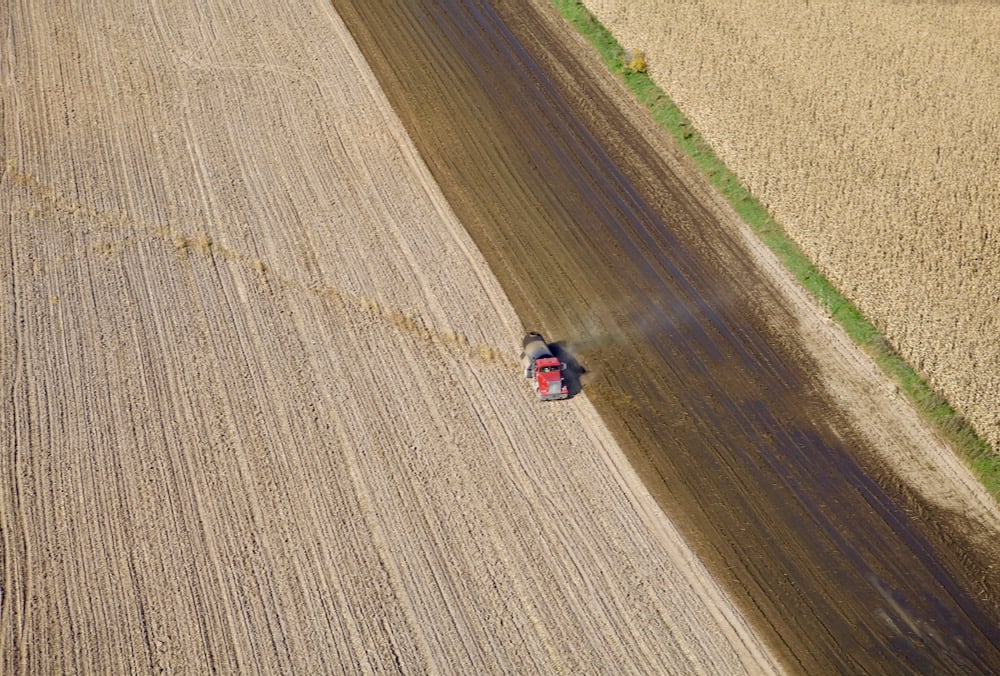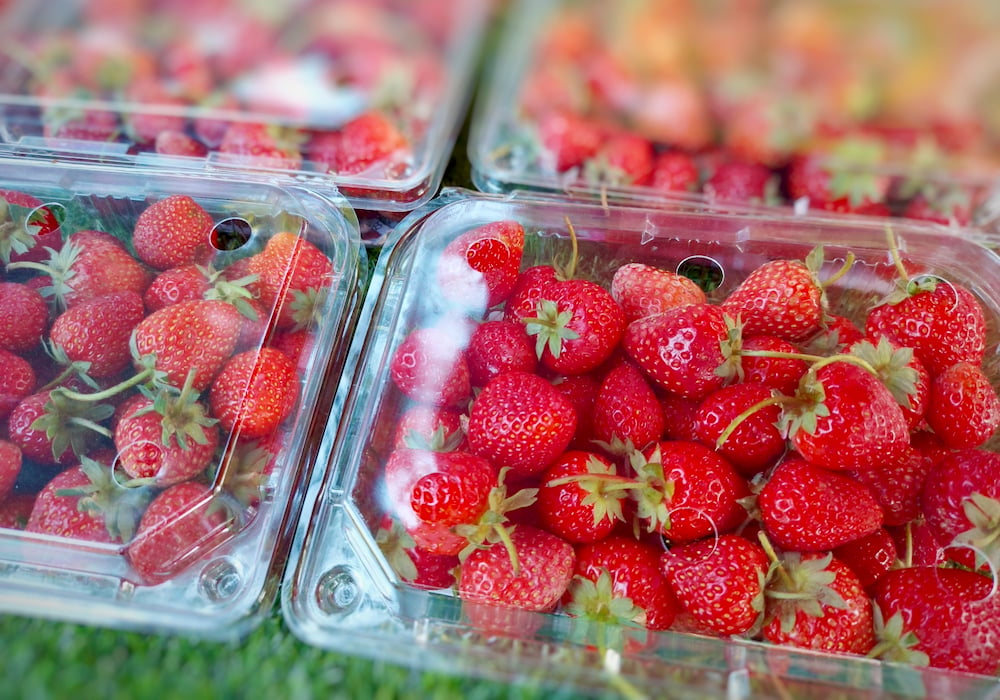Recycling livestock manure into clean water and nutrients

An Alberta company used its expertise in contaminated soil cleanup to create an innovative solution to recycle livestock manure into clean water and high value nutrients.
Read Also

Fruit, vegetable industry wary of proposed plastics ban
Glacier FarmMedia – Canada’s fruit and vegetable industry is concerned it can’t meet new federal proposals for more sustainable packaging….
At approximately 75 per cent water, managing liquid manure is complex and expensive, so much of its potential is unused. Growing regulatory pressure regarding manure limits farm expansion in some areas.
Why it matters: Liquid manure is difficult to handle and in some areas farmers have few options for spreading it on land.
“Liquid manure is a hassle to deal with, so we wanted to increase its value on the farm, see improved farm economics, and reduce the headaches and time farmers spend on their manure footprint,” says Karleigh Lewis, Certified Crop Advisor and account manager with Livestock Water Recycling.
The business got its start in 2010 when its parent company, IWR Technologies, was approached by a farmer looking for a better way to manage liquid manure.
Four years of research and development culminated in the installation of its first system on a dairy farm in Wisconsin that took liquid manure all the way to clean water that could be reused on the farm.
According to Lewis, solids are separated from liquids in a process that results in two products: solids containing phosphorus and organic nitrogen, and a liquid with ammonia nitrogen and potassium. Reverse osmosis further processes the liquid into two separate streams – a concentrated liquid fertilizer and clean water.
“The solids are a fertilizer product that you can use or sell and the concentrated liquid can be run through an irrigation pivot so you can use all its nitrogen instead of applying raw liquid manure in the fall and losing a lot of it,” Lewis explains.
“Depending on where farms are, the clean water can be used for cow cooling sprinklers, irrigating crop land or in the barn to flush lanes or clean out parlours after milking.”
This minimizes the need to use run-off water or pull water from wells, a particular concern in areas where water is often in short supply. Clean water isn’t the goal of every farm, so a second system focuses only on separation of liquids and solids.
To date, the company has just over 30 systems installed on commercial farms – mostly dairy and some hog – throughout the United States and also in the United Kingdom and Lebanon.
In Canada, its technologies are found primarily in the eastern part of the country.
“We see dairy farms wanting to make changes; land is expensive and there are growing restrictions on land application (of manure), so they want to know what other options there are,” says Lewis.
“On the hog side, there is a lot more interest in looking at how we can better manage our nutrients and looking for alternatives to building a lagoon.”
The economics vary by farm, depending on the type of installation and the operation’s size and management, but a typical return on investment cycle is two to three years.
“It comes down to what your farm’s problem is. Are you 300 cows without available land or 5,000 cows in a drought area that needs clean water?”
Livestock Water Recycling is also one of the few companies looking at how data from manure can be collected and analyzed, with the goal of connecting the dots from manure to crop and animal health.
It is also using its technology to help farmers move into the carbon credit market. One client in the U.S. has gone through a complete carbon credit validation. The transition from a lagoon to a liquid-solid separation system has decreased the farm’s methane emissions by the equivalent of 10,000 tonnes of carbon dioxide annually, resulting in carbon credits that can be sold to generate revenue for the farm.
“This is very exciting to us. It always comes back to how we can improve farm economics. Manure has been a headache for years, but this is changing value of manure for farms and helping people improve economics and the environmental footprint,” Lewis says.
Source: Farmtario.com

